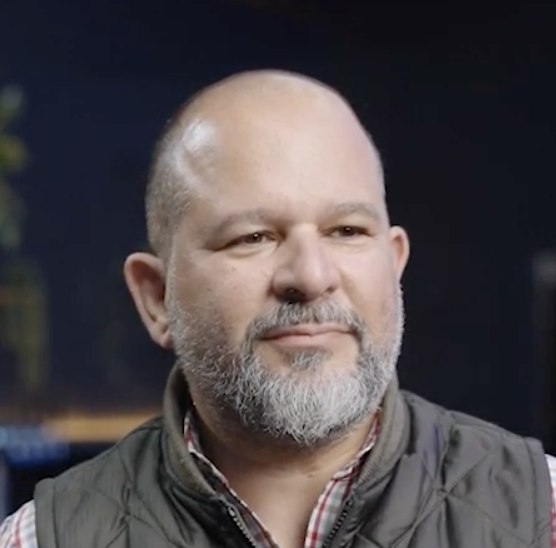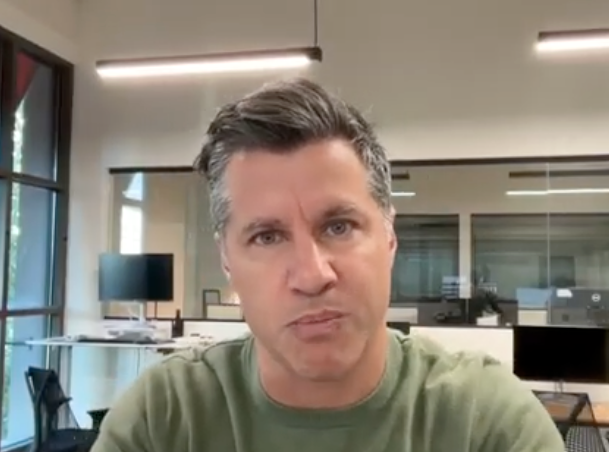
Interview With Founding General Partner Tom Chavez About Building Startups
Tom sharess the Habu $200M exit as a proof point, Fund II ($90M), San Francisco downtown HQ, and new General Partners in 2025 including Omar Tawakol & Peter Day.
The focus now: AI-native architecture (not bolt-ons), increased velocity, founder wellness, and solving real pains from insertion product → platform.
Read more on the Pulse 2.0 article
Tech, startups & the big picture
Subscribe for sharp takes on innovation, markets, and the forces shaping our future.
NEWS, BLOGS & ARTICLES
Let's keep in touch
We're heads down building & growing. Learn what's new and our latest updates.

In an era where speed often eclipses substance, Headlamp stands apart by building with patience, empathy, and precision. Founded by Erwin Estigarribia and Manaswini Sugatoor, the company tackles one of healthcare’s hardest challenges — uniting fragmented behavioral and biological data to serve patients with greater clarity and trust.

